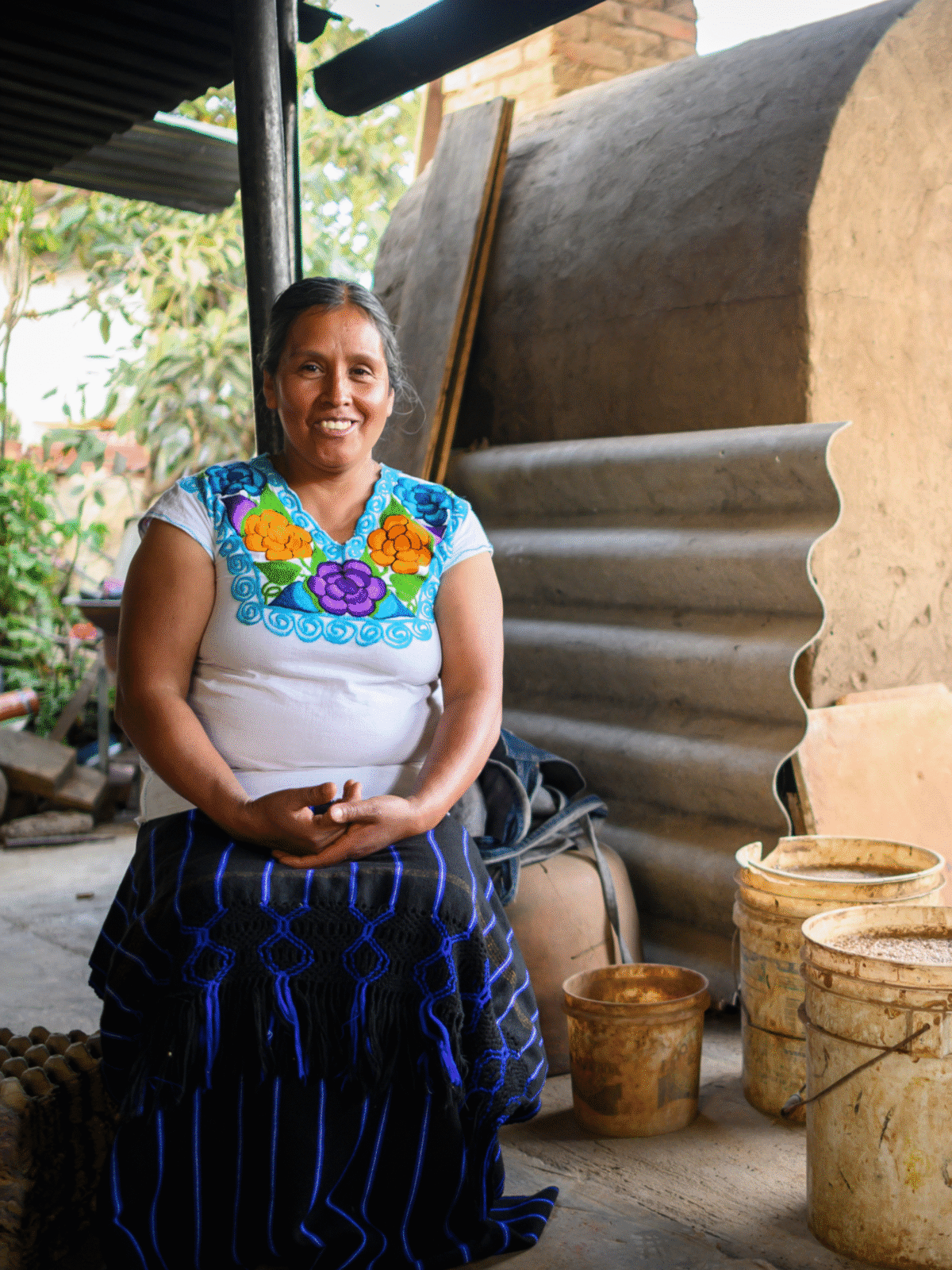Billionaires Are Jumping Into Coefficient Giving’s Pooled Philanthropy
Forbes
Our mission is to help humanity thrive.
We aim to accelerate progress, reduce suffering, and mitigate the greatest risks to a flourishing world.
Good Ventures is a philanthropic foundation created by Cari Tuna and Dustin Moskovitz. Our goal is to take the fullest possible advantage of the opportunity we have to help others.
We choose our causes based on where we believe more funding will have the biggest impact, using three criteria: importance, neglectedness, and tractability.
We support a wide range of work, from delivering life-saving health programs in the world’s poorest communities, to funding breakthrough scientific research, to expanding economic opportunity in the U.S. and around the world.
Instead of building a big foundation staff, we work closely with these trusted partners to maximize the impact of our giving.
Coefficient Giving (formerly Open Philanthropy) is our primary philanthropic advisor. The Coefficient team helps us choose causes, make grants, track results and pool resources with other donors.
GiveWell, a nonprofit dedicated to finding global health and development charities that save and improve the most lives per dollar, has guided over $1 billion of our giving since 2011.
Forbes
Associated Press
Vox
San Francisco Business Times
